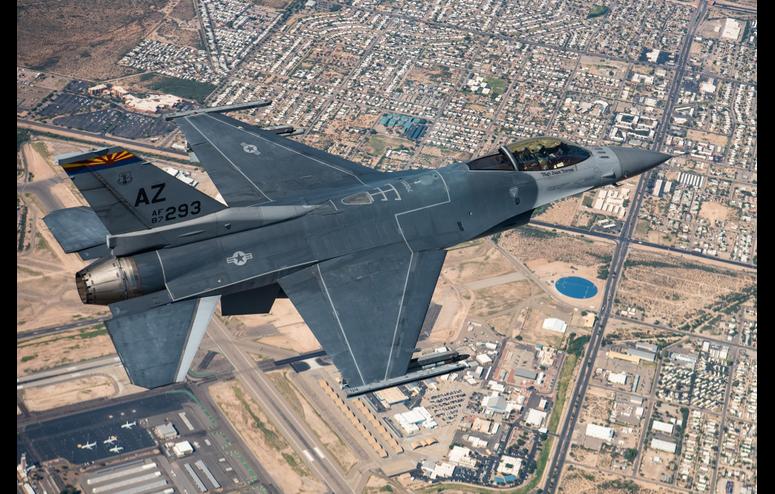US Military Tests Generative Artificial Intelligence
TL;DR The United States military is undertaking a series of experiments to explore the potential of generative artificial intelligence (AI) to aid the planning of responses to global conflicts and enhance access to internal information. The tests involve five large language models (LLMs), which have already been provided with classified operational data to generate responses for real-world scenarios. The agency has expressed its commitment to swiftly integrating these technologies into military capabilities, signaling the growing interest and investment in AI within the defense sector.

The United States military is embarking on a series of tests to explore the potential of generative artificial intelligence (AI) in aiding the planning of responses to global conflicts and enhancing access to internal information.
According to a recent report by Bloomberg on July 6, the U.S. Department of Defense, along with undisclosed allies, is conducting experiments involving five large language models (LLMs) in collaboration with the Pentagon’s digital and AI office.
Although the specific LLMs being tested remain undisclosed, AI startup Scale AI has revealed that its “Donovan” model is among the five under examination.
Air Force Colonel Matthew Strohmeyer shared with Bloomberg that an initial test utilizing an LLM proved to be “highly successful” and “very fast,” indicating the potential for this technology.
However, Strohmeyer acknowledged that it is not yet ready for widespread implementation.
One notable test described by Strohmeyer involved an AI model generating a request for information in a mere 10 minutes, an unprecedented speed considering such requests traditionally take days and involve multiple personnel.
These LLMs have already been provided with classified operational data to generate responses for real-world scenarios.
The objective of the tests is to ascertain whether these models can effectively contribute to the planning of responses in the face of potential escalations, particularly concerning the already tense military situation with China.
While the current round of tests is scheduled to conclude on July 26, the U.S. military has been researching the potential applications of AI in warfare for some time.
In May, the Defence Science and Technology Laboratory of the United Kingdom hosted a joint trial involving the U.S. and Australia, focusing on AI-enabled military drones for target tracking.
The trial achieved significant milestones, including the real-time retraining of AI models during flight and the interchangeability of models among participating entities.
The agency expressed its commitment to swiftly integrating these technologies into military capabilities, signaling the growing interest and investment in AI within the defense sector.
As the U.S. military continues to explore the possibilities offered by generative AI, these tests mark an important step in leveraging advanced technologies to enhance operational efficiency and decision-making processes.
While challenges and limitations persist, the promising results thus far demonstrate the potential for AI to revolutionize the field of defense and security.
Submit A Crypto Press Release
